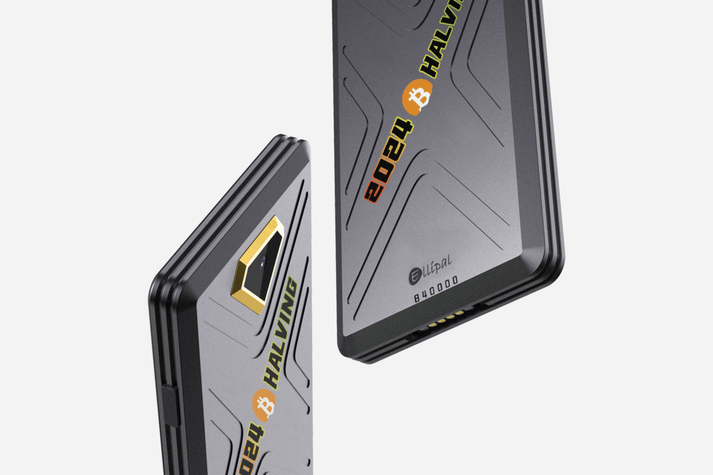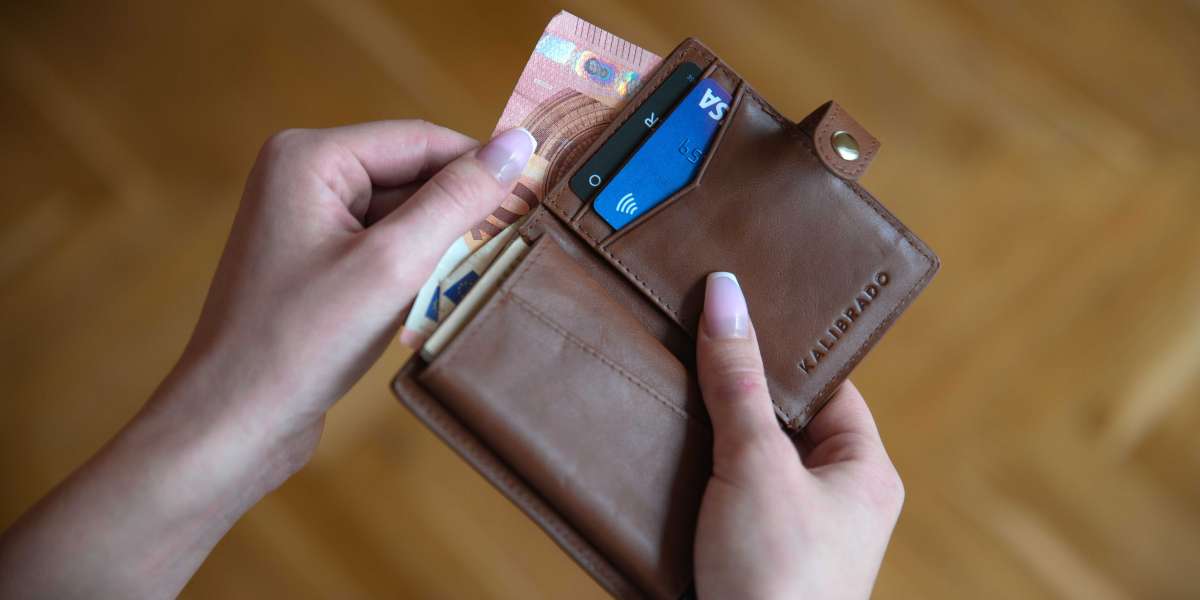Unlock the Ultimate Security: Discover the Best Cold Wallet for Your Bitcoin!
In the ever-evolving world of cryptocurrency, securing your Bitcoin investment is paramount. With increasing incidents of hacking and theft, the need for a robust storage solution has never been greater. Enter cold wallets—devices or methods designed to keep your Bitcoin safe from online threats. Unlike hot wallets, which are connected to the internet and more susceptible to attacks, cold wallets offer a higher level of security by keeping your private keys offline. This article aims to guide you through the process of selecting the best cold wallet for your Bitcoin, ensuring that your digital assets remain protected and secure.

Understanding Cold Wallets
Cold wallets, often referred to as cold storage, are a type of cryptocurrency wallet that is not connected to the internet. This fundamental difference from hot wallets, which are online and constantly accessible, is what makes cold wallets an attractive option for long-term cryptocurrency holders. Cold wallets can come in various forms, including hardware wallets, which are physical devices designed specifically for storing cryptocurrencies, and paper wallets, which are essentially printed QR codes containing your private and public keys. By keeping your Bitcoin offline, cold wallets provide a significant barrier against online threats, ensuring that your assets are safeguarded from hackers and malware. The peace of mind that comes with knowing your Bitcoin is stored securely offline is invaluable, especially considering the rapid growth of the cryptocurrency market.
Benefits of Using a Cold Wallet for Bitcoin
Using a cold wallet to store your Bitcoin has several key advantages. Firstly, the most significant benefit is the enhanced security it provides. Since cold wallets are not connected to the internet, they are immune to online hacking attempts, making them a fortress for your digital assets. Additionally, cold wallets allow users full control over their private keys, which is crucial for maintaining ownership and security of their funds. Unlike exchanges, where users may have to trust third parties with their private keys, a cold wallet ensures that you are the sole custodian of your Bitcoin. Furthermore, cold wallets facilitate offline storage, which is particularly useful during market volatility; you can avoid impulsive decisions driven by emotions, as accessing your funds requires a more deliberate effort. Overall, these benefits culminate in a secure and controlled environment for your Bitcoin, making cold wallets a preferred choice for serious investors.
Factors to Consider When Choosing a Cold Wallet
When selecting a cold wallet for your Bitcoin, several important factors should be taken into account. Security features should be your top priority; look for wallets that offer robust encryption and multi-signature capabilities, which enhance protection against unauthorized access. Ease of use is another crucial aspect; a user-friendly interface can make the setup process smoother and less intimidating, especially for newcomers to cryptocurrency. Compatibility with Bitcoin is essential, too; ensure that the cold wallet you choose specifically supports Bitcoin as some wallets may only support a limited range of cryptocurrencies. Additionally, consider backup options; a good cold wallet should provide a straightforward method for creating backups, ensuring that you can recover your funds in case of loss or device failure. By evaluating these features based on your individual needs, you can make a more informed decision when purchasing a cold wallet.
Types of Cold Wallets Available
There are several types of cold wallets available, each with its own pros and cons. Hardware wallets are one of the most popular choices; they are physical devices that store your private keys offline while providing a secure way to manage your Bitcoin. Their convenience, combined with strong security features, makes them a favored option among many cryptocurrency users. However, they can be costly and may require a learning curve for first-time users. On the other hand, paper wallets are a more cost-effective solution; they involve generating your keys offline and printing them out. While they eliminate the risk of online hacking, they do require careful handling, as losing the paper can mean losing access to your funds permanently. Other options, like USB drives that store private keys, also exist, but they come with varying levels of security. By understanding the different types of cold wallets available, you can choose the one that best fits your security needs and lifestyle.
Final Thoughts on Securing Your Bitcoin
Choosing the right cold wallet for your Bitcoin is a crucial decision that can significantly influence the security of your cryptocurrency investments. With the vast array of options available, it's essential to consider your specific needs, preferences, and security demands. Whether you opt for a hardware wallet or a paper wallet, the goal remains the same: to safeguard your Bitcoin from potential threats. Remember, your digital assets deserve the utmost protection, so take the time to research and select a cold wallet that provides you with peace of mind and security. By making a well-informed decision, you can enjoy the benefits of cryptocurrency knowing that your investments are safe and secure.








